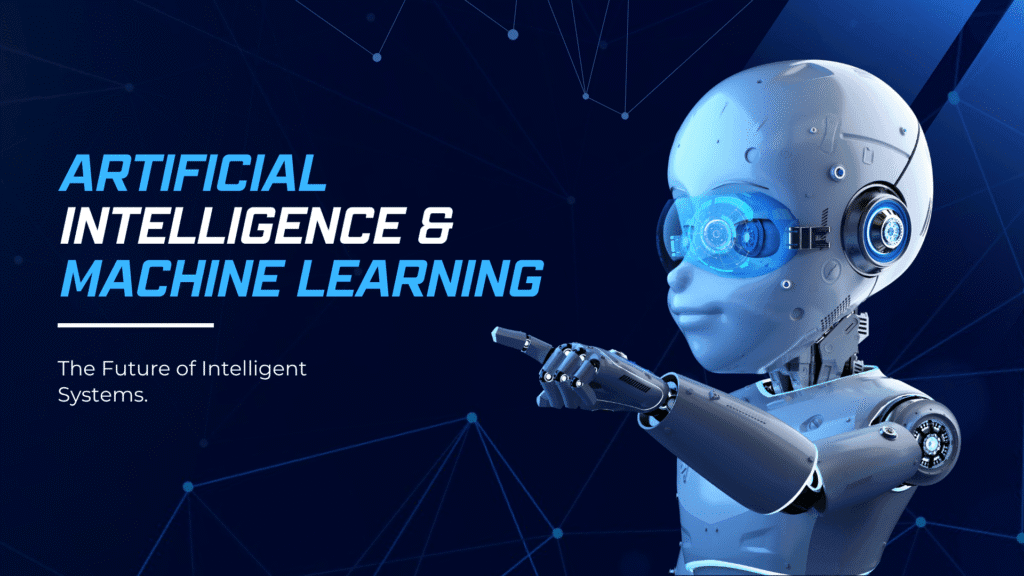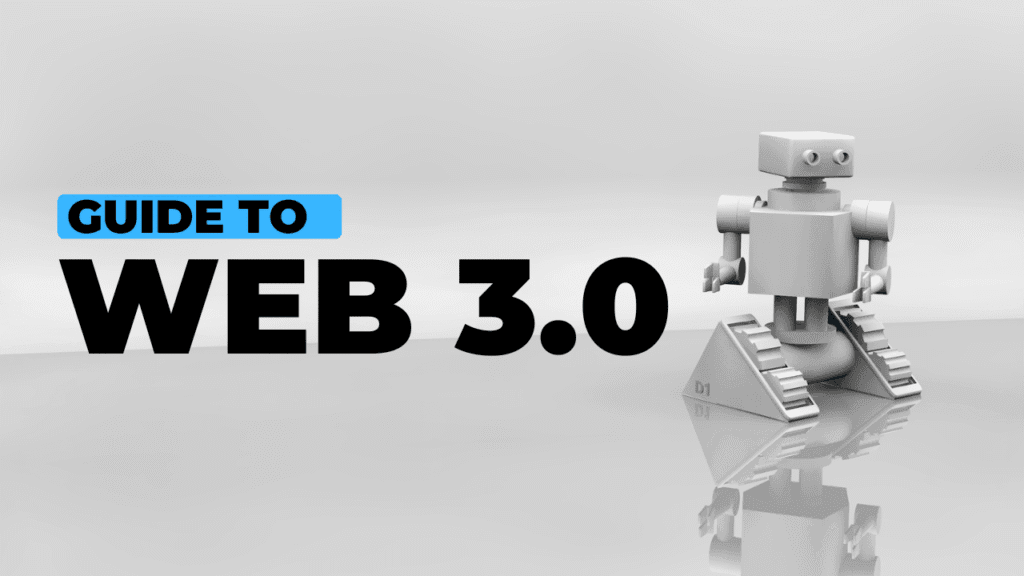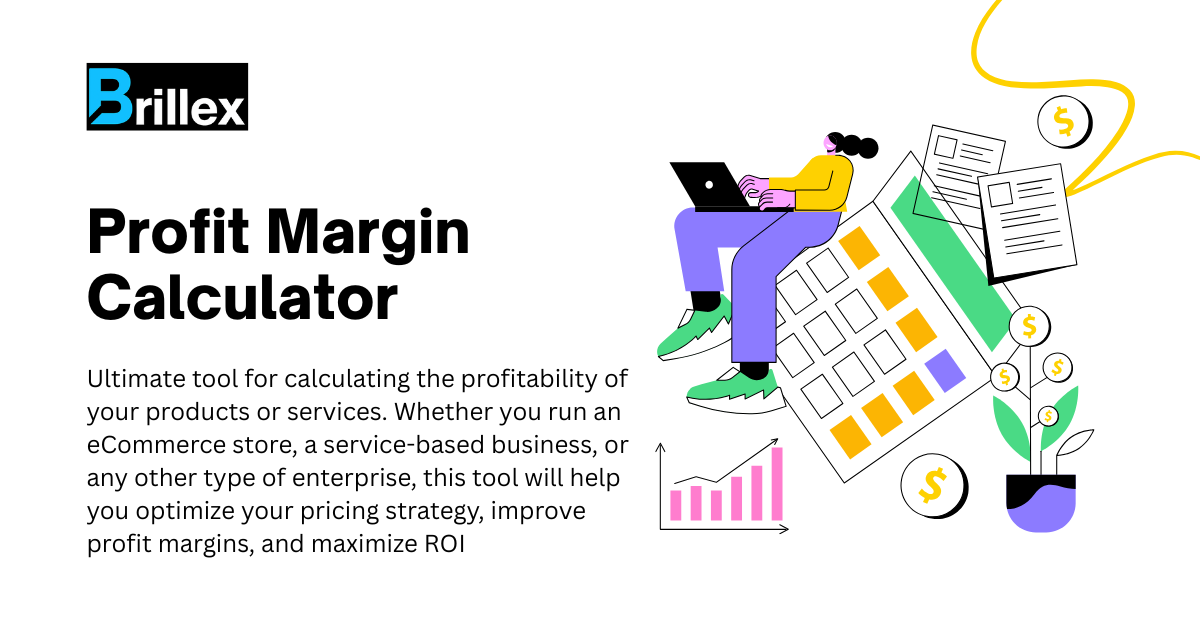In 2025, technology continues to grow at an incredible pace. Whether you’re a student, job seeker, freelancer, or business owner, this is the best time to learn the most in-demand digital skills. By focusing on the right technologies to learn in 2025, you can boost your career, start a business, or stay relevant in a fast-changing world.
At Brillex, we work with future-focused companies and individuals who want to keep up with technology. So we’ve created this easy-to-understand guide with the top 10 technologies you should start learning in 2025 with practical examples and links to free or beginner-level resources.
1. Artificial Intelligence and Machine Learning

What it is
Artificial Intelligence allows machines to act “smart”—just like humans. Machine Learning is a part of AI that helps machines learn from data. For example, AI is what powers:
- Voice assistants like Alexa or Siri
- Chatbots on websites
- Product recommendations on Amazon and Netflix
- Self-driving cars
Why you should learn it
AI is becoming a part of our daily lives, and companies need people who can build, understand, and manage AI-powered tools. Job roles in this area include:
- AI Engineer
- Data Scientist
- Prompt Engineer
- AI Product Manager
Where to start
Explore Brillex free AI tools
2. Web3 and Blockchain

What it is
Web3 is the new version of the internet. Unlike the current web where data is controlled by big companies, Web3 is decentralized. That means:
- You own your data
- Payments are made using digital coins
- Apps (called dApps) run on blockchain, not central servers
Blockchain is the tech behind cryptocurrencies like Bitcoin and Ethereum. It’s also used for digital contracts (smart contracts), NFTs, and secure records.
Why it’s important
Blockchain is already changing how we handle money, identity, gaming, and more. By learning this, you can get into jobs like:
- Blockchain Developer
- Smart Contract Engineer
- Web3 Product Manager
Where to begin
3. Cloud Computing (AWS, Azure, GCP)
What it is
Cloud computing lets companies store files, run apps, and manage services online—without using physical servers. The three main platforms are:
- Amazon Web Services (AWS)
- Microsoft Azure
- Google Cloud Platform (GCP)
These platforms help companies scale quickly, save money, and access global infrastructure.
Why learn it
Almost every business today uses cloud services. Cloud skills are needed for roles such as:
- Cloud Engineer
- DevOps Engineer
- Site Reliability Engineer
- Backend Developer
Free learning resources
Learn more in our Cloud Migration Strategy Guide
4. Cybersecurity
What it is
Cybersecurity is about protecting systems, data, and networks from hackers, malware, and data leaks. With more work and data moving online, cybersecurity is more important than ever.
Why it’s valuable
From small businesses to large governments, everyone needs protection. High-paying jobs in this space include:
- Cybersecurity Analyst
- Ethical Hacker (Penetration Tester)
- Network Security Engineer
- SOC Analyst
What you can learn
- How hackers break into systems
- How to build defenses
- How to respond to security alerts
Start with these
5. Data Analytics and Big Data
What it is
Data analytics helps people make better decisions by studying numbers and patterns. Big Data is about handling large amounts of data that traditional tools can’t process easily.
You’ll work with tools like Excel, Python, SQL, Power BI, or Tableau to turn raw data into insights.
Why it’s in demand
Companies use data to decide what to sell, where to invest, and how to improve. In 2025, data skills are needed in every industry: healthcare, finance, e-commerce, even sports.
Common job titles:
- Data Analyst
- Business Intelligence Analyst
- Data Engineer
- Product Analyst
Start here
6. DevOps and Automation
What it is
DevOps combines software development and IT operations. The goal is to build, test, and release software faster and more reliably using tools and automation.
You’ll learn about:
- CI/CD (Continuous Integration and Deployment)
- Infrastructure as Code (Terraform)
- Containerization (Docker, Kubernetes)
Why it matters
DevOps is essential for startups and large teams who want to deliver updates quickly without bugs or downtime.
Career options:
- DevOps Engineer
- Site Reliability Engineer
- Cloud Infrastructure Specialist
Resources
7. Mobile App Development (Flutter, React Native)
What it is
This involves building apps for phones and tablets. Tools like Flutter and React Native allow you to write one codebase that works on both Android and iOS.
Why it’s growing
Mobile apps are everywhere—from banking to food delivery. Businesses need apps, and skilled developers are in high demand.
Popular roles:
- Mobile App Developer
- Cross-platform Developer
- UI Engineer (Mobile)
Learn here
8. UI and UX Design
What it is
UI (User Interface) is how something looks. UX (User Experience) is how easy and pleasant it is to use. This skill is important for websites, apps, and software.
UI/UX designers plan layouts, user journeys, and design systems. They work closely with developers and marketers.
Why it’s powerful
Good design improves customer satisfaction and keeps users engaged. It’s a must-have for product success.
Popular tools:
- Figma
- Adobe XD
- Framer
Courses to try
9. Robotic Process Automation (RPA)
What it is
RPA allows you to create digital “bots” that perform repetitive tasks like moving files, copying data, or sending emails.
Why it’s helpful
RPA is used by banks, call centers, hospitals, and more to save time and reduce errors.
Jobs in this field:
- RPA Developer
- Business Process Analyst
- Automation Tester
Tools and tutorials
10. No-Code and Low-Code Platforms
What it is
No-code platforms let you build software without writing much code. Low-code platforms still use some coding but are faster than traditional development.
These are perfect for:
- Entrepreneurs
- Marketers
- Designers
You can build websites, mobile apps, CRMs, and internal tools.
Platforms to explore
FAQs
Do I need a computer science degree to learn these?
No, most people start with online tutorials or short courses. You can build a portfolio with free or low-cost tools.
What’s the easiest skill to start with?
UI/UX design, data analytics with Excel, or no-code tools like Webflow are great beginner-friendly options.
Will AI take over all jobs?
AI will change how we work, but it will create new jobs too. The key is to learn how to use AI in your field.



